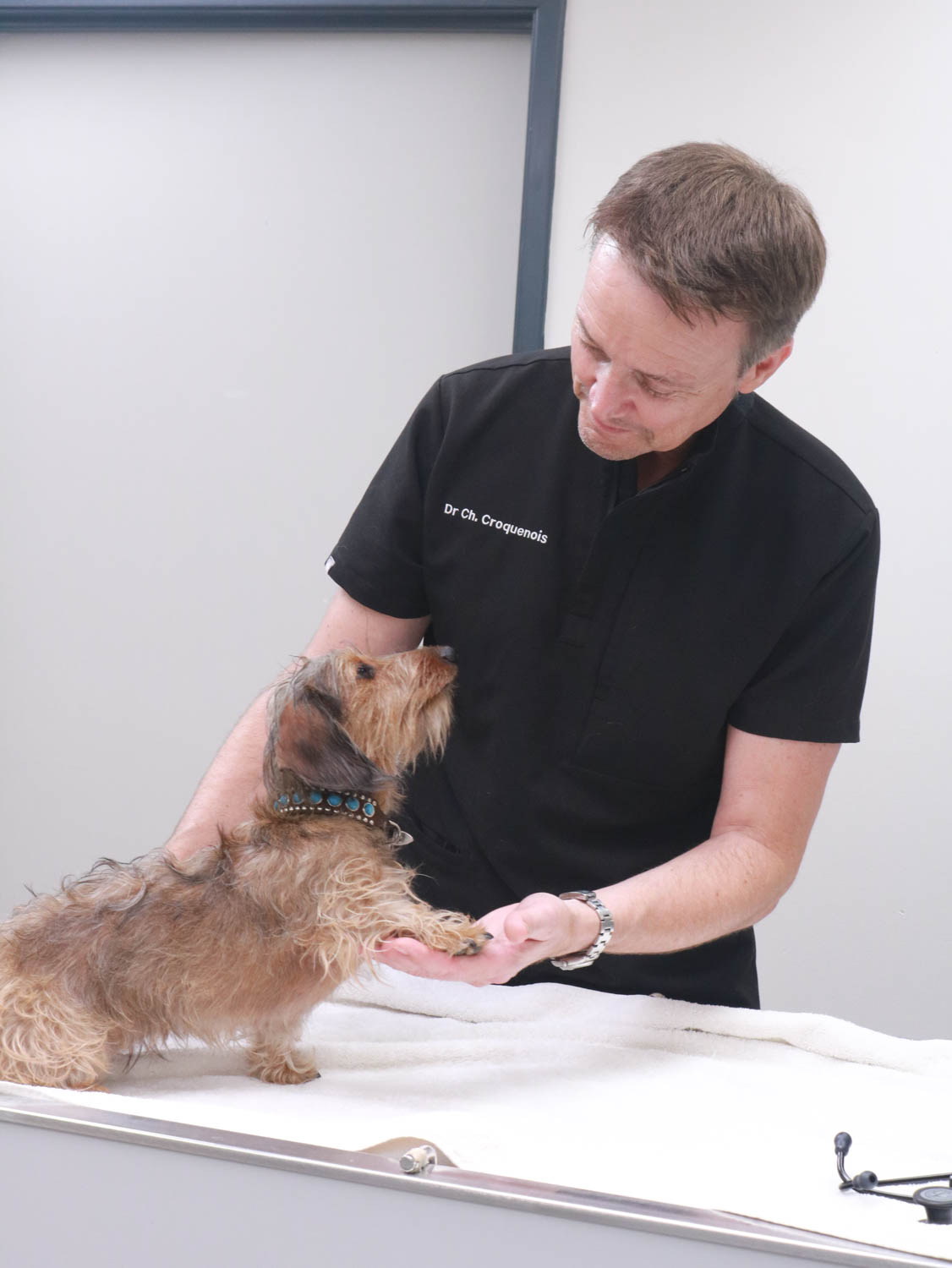Spaying & Neutering
At Cahuenga Veterinary Hospital we always remind our clients about pet ownership responsibilities and lifetime commitment to their pets, and many pet owners already understand that spayed or neutered pets will live better, longer and healthier life.
Early spaying of female dogs and cats can help protect them from some serious health problems later in life such as uterine infections and mammary tumors.
Neutering your male pet is important to prevent behavioral issues. Intact dogs will display dominant and mounting behaviors, and seek out females, making them prone to running away. Intact cats will display dominant behaviors and tend to mark their territory in or outside the house. They will also assert themselves when in the presence of other cats, making them at risk for fight injuries.
Males may have a congenital abnormality in which one or both of their testis fails to descent into the scrotum (the testicular pouch located outside the body). The retained testis (referred to as cryptorchidism) could be located inside the abdominal cavity, or between the superficial inguinal ring and the scrotum. The location of the retained testicle(s) is determined by ultrasonography. During the early stages of development, the testis are located in the abdomen– near the kidneys, and are anchored by two ligaments. In dogs, testicular descent occurs around the time of birth. As the animal grows, the testis are pulled from the abdominal cavity to the inguinal cavity and eventually make a trans-inguinal descent which moves the testis into the scrotum. Cryptorchidism increases the risks of developing Sertoli cell tumors– neutering is therefore highly recommended to ensure a healthy life for your pet.


